Want to know how your SMSF can invest in property?
If your fund has more than enough monies available to meet the cost of acquisition including stamp duty and any settlement costs, then direct investment would be the straightforward cost effective way to go and would avoid the need for other structures! Without the need to borrow, ongoing administration and management would also be simplified.
Alternatively, should your fund not have sufficient monies to purchase property outright, amended superannuation law allows borrowing by funds to acquire assets including property.
Known as ‘limited resource borrowing arrangements’ (LRBA), these quarantine the risk of borrowing to the particular asset acquired, rather than expose all fund assets should there be any future difficulty with loan repayments.
Generally, the LRBA requires a separate “bare” holding trust into which the property being acquired is transferred, while the SMSF enters into the loan agreement with the lender. At the end of the loan period the property title is transferred from the holding trust to the SMSF.
While the LRBA are not as simple or straightforward as borrowing normally encountered, they at least facilitate property investment by funds and, furthermore, a member or related party of the fund may be lender to the SMSF.
Property investment by a SMSF may occur through a tenants-in-common approach – i.e. the SMSF purchases only part of the property in conjunction with another party, both parties have specific percentages or proportions of the whole property, which itself may not be used for security.
An in-specie contribution of property by a member owning a business property is an option subject to member contribution caps and any capital gains tax and stamp duty implications. The contribution caps may mean any in-specie contribution of property would have to be undertaken progressively over several years with the vendor utilising small business capital gains tax concessions.
A further option as regards SMSF investment in property is to utilise the related entity strategy, whereby a related company or unit trust in which the fund and other party/parties invest, pools the funds and acquires a property, hence the SMSF is a joint shareholder or joint unit holder for an indirect investment. Of course, there are restrictive conditions on what the related entity may or may not do to satisfy superannuation requirements but, nevertheless, an alternative which facilitates investment in property.
For further advice, call the team at BSN & Co on 08 9204 3733








